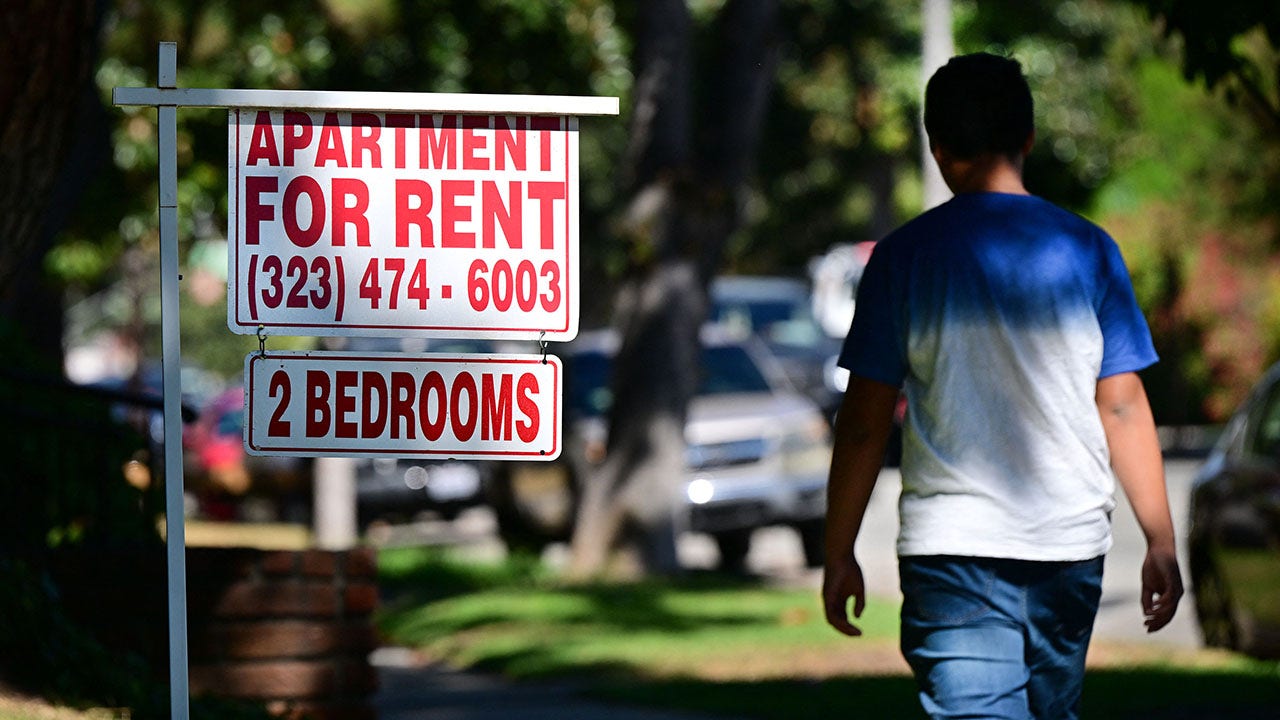Read More:
New York Times Files Lawsuit Against OpenAI and Microsoft over Copyright Infringement
The New York Times, a renowned media organization, has taken legal action by filing a lawsuit against OpenAI and Microsoft, two prominent tech companies. The lawsuit alleges copyright infringement related to the use of artificial intelligence technology in generating news articles that closely mimic the style and content of the publication.
Copying New York Times’ Distinctive Writing Style
In the lawsuit, the New York Times claims that OpenAI’s language model, GPT-3, which is powered by Microsoft’s Azure cloud computing platform, has been programmed to copy the distinctive writing style of the newspaper. The technology allegedly extracts information and sentence structures from various New York Times articles, leading to the creation of AI-generated news pieces that imitate the organization’s content.
Violation of Intellectual Property Rights
The New York Times asserts that OpenAI and Microsoft have violated its intellectual property rights by reproducing and distributing articles that have a striking resemblance to its own. By using machine learning algorithms and vast datasets, the accused companies have allegedly exploited the intellectual investment made by the media organization, without proper authorization or acknowledgment.
Impact on Journalism and the News Industry
The implications of AI-generated news articles resembling the original work of reputable publishers like the New York Times can be far-reaching. Such imitation undermines the credibility and integrity of journalism as consumers may unknowingly consume content that is artificially produced, potentially leading to misinformation and distrust in news sources.
Furthermore, this type of infringement endangers the economic viability of the news industry. Journalism requires substantial investments to gather, verify, and report news. If AI can effortlessly reproduce this content without due credit, publishers may struggle to sustain their operations, adversely affecting the quality and diversity of news available to the public.
Seeking Legal Redress and Accountability
The New York Times seeks legal redress by requesting a court injunction to stop OpenAI and Microsoft from continuing the alleged copyright infringement. Additionally, the news organization is seeking damages for financial losses incurred due to the unauthorized use of its copyrighted material.
The lawsuit underscores the need for strict intellectual property laws in the sphere of AI-generated content and raises important questions about the responsibility and accountability of tech companies in safeguarding the rights of journalism and content creators.
OpenAI and Microsoft’s Response
OpenAI and Microsoft have yet to release an official statement regarding the legal action taken by the New York Times. As the case unfolds, their response will be crucial in shaping the outcome and determining the future of AI-generated content generation and its impact on journalism.
Conclusion
The New York Times’ lawsuit against OpenAI and Microsoft serves as a significant milestone in addressing intellectual property concerns surrounding AI-generated content. It highlights the importance of safeguarding journalistic integrity and the need to establish clear boundaries for the deployment of artificial intelligence in the production of news. The outcome of this case will likely have wide-ranging implications for both the tech industry and journalism as a whole.

Read More:
- Sweeping public safety bill in D.C. aims to increase security, undoing past changes
- Get Ready for Enchanting Adventures in Season 4 with Witch Doctor
- Talk therapy shown to be effective in addressing psychological factors contributing to back pain
- Microsoft eliminates Android app integration on Windows 11
- Seven Years Later: Racing Game Enjoys Explosive Success on Steam Thanks to Epic Sale










+ There are no comments
Add yours